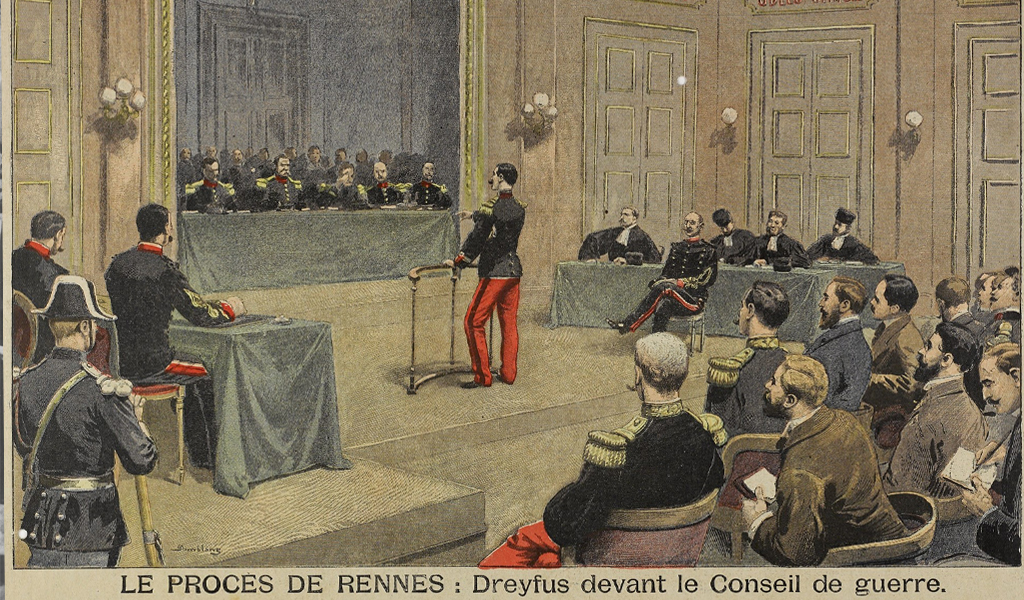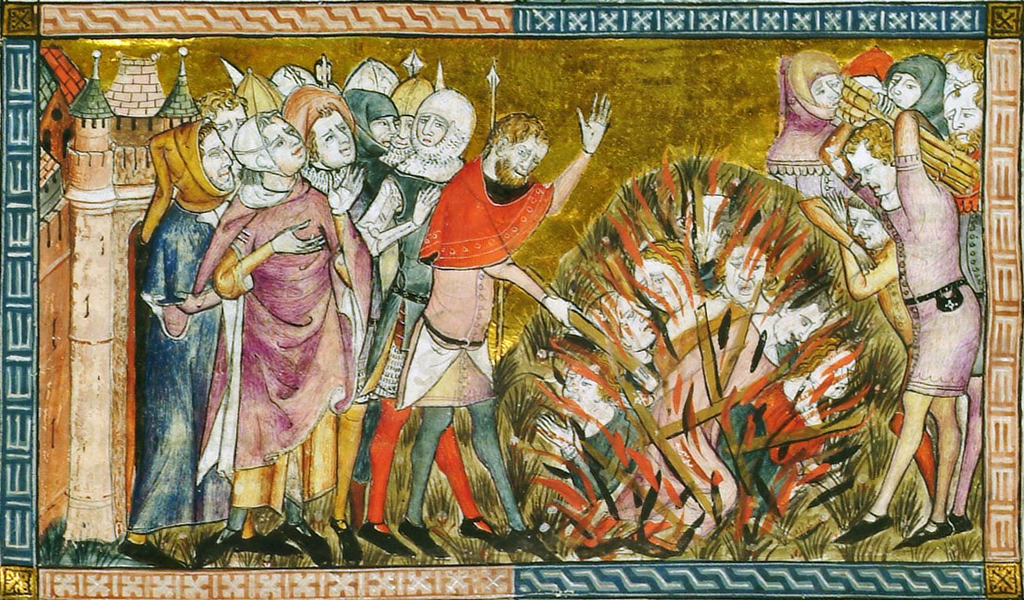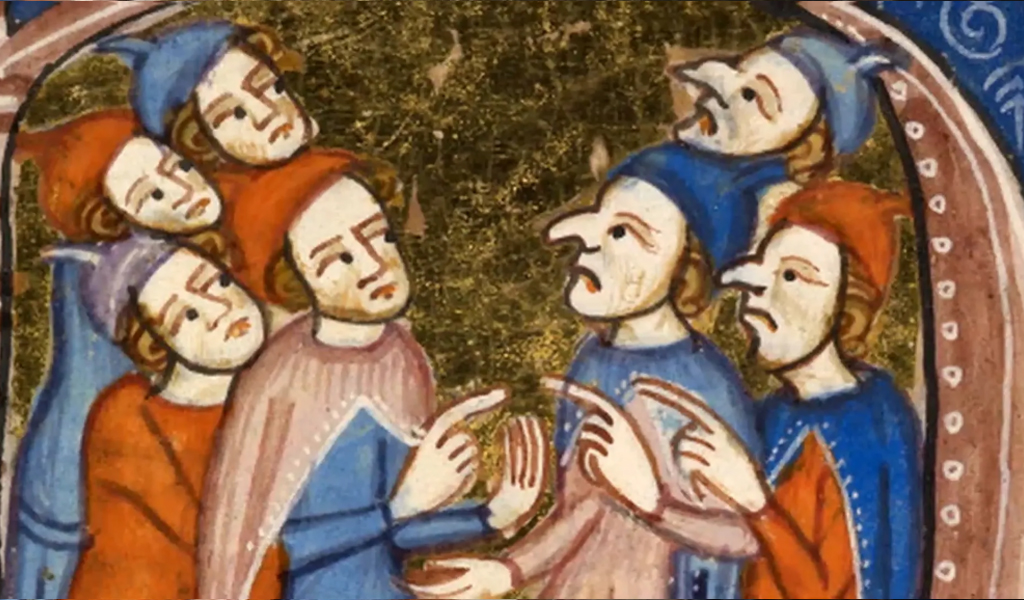The Dreyfus affair
Alfred Dreyfus (1859 – 1935) was a Jewish artillery captain who served in the French army. He was accused of spying for the German Empire before a French court martial in 1894.

The charges against Dreyfus were based on questionable and partly falsified evidence. It became clear very early on that the traitor was not Dreyfus, but a major named Ferdinand Walsin-Esterhàzy. Walsin-Esterhàzy had been paid by Germany to deliver secret French documents.
But the French army leadership, supported by national and church circles, resisted Walsin-Esterhàzy’s conviction and instigated an anti-Semitic hunt for Dreyfus. The court martial ultimately convicted him of high treason.
The wind did not change until 1998, after the famous poet Emile Zola published his now famous “J’accuse” (“I accuse”) in the newspaper “L’Aurore” (“The Dawn”). In this open letter to the President of the Republic. Félix Faure, Zola pointed out the numerous obvious and deliberate errors in the trial against Dreyfus.
Dreyfus was initially sentenced for a second time in 1899, but was pardoned shortly afterwards. However, it took another eight years before he was fully rehabilitated by the French Supreme Court of Appeal in 1906 and subsequently promoted to major and made a “Knight of the Legion of Honor”.






